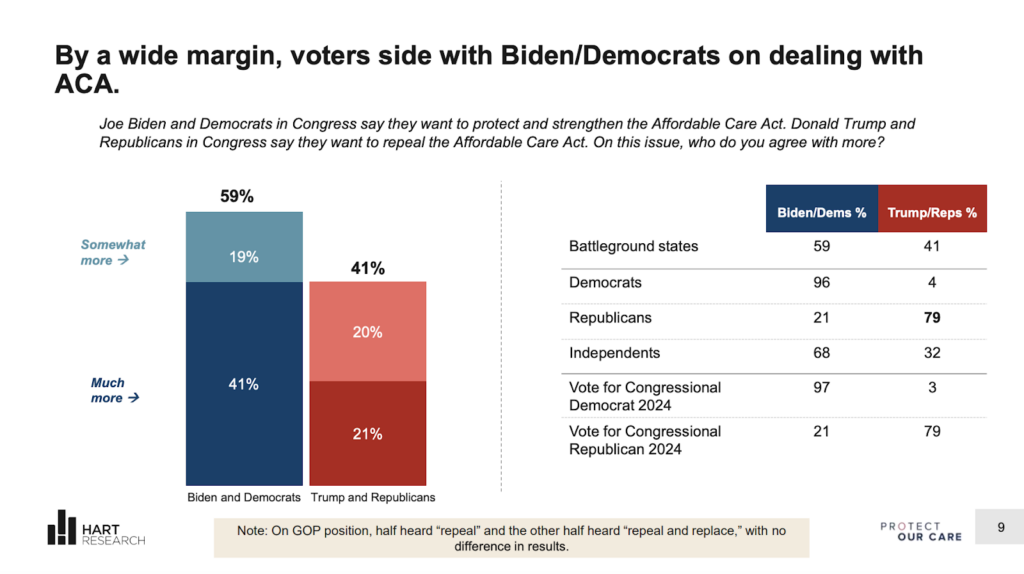
While Democrats Lower Drug Prices, Republicans Vow to Stop Medicare from Negotiating
Washington, D.C. — Today, the Biden-Harris administration announced the new, lower prices for 10 of the highest-cost, most popular drugs taken by people on Medicare. These new prices are known as “maximum fair prices,” and are the highest prices drug companies are allowed to charge for these life-saving medications. Thanks to the historic action taken by Democrats in Congress and the Biden-Harris administration to pass the Inflation Reduction Act in 2022, Medicare was given the power to negotiate lower drug prices with manufacturers for the first time in the program’s history.
This announcement follows a long line of actions the Biden-Harris administration has taken to reduce prescription drug and health care costs for the American people. The Inflation Reduction Act also lowered drug prices for millions of seniors by capping insulin costs at $35 per month, limiting outrageous price hikes, and making recommended vaccines, like the shingles shot, free for people on Medicare. And starting in 2025, total out-of-pocket drug costs will be capped at $2,000 per year for seniors. In 2023, 10 million seniors received a free vaccine, and HHS estimates that 19 million seniors will save $400 or more per year thanks to the out-of-pocket cap.
At the same time, Donald Trump and Republicans in Congress are fighting to roll back this progress and repeal the Inflation Reduction Act’s historic measures to lower drug prices for seniors. Repealing these policies would cost seniors billions of dollars — only putting money back in the pockets of big drug companies.
In response, Protect Our Care Chair Leslie Dach issued the following statement:
“For too long, we’ve lived in a broken system that has allowed drug companies to charge whatever they want while hardworking Americans struggle to afford the medications they need to survive. This announcement is 40 years in the making. The Biden-Harris administration and Democrats in Congress stood up to the greed of big drug companies and won, and now prices will come down for millions of seniors. The Inflation Reduction Act’s Medicare Drug Price Negotiation Program will give seniors long overdue relief while saving taxpayers billions of dollars: it’s a win-win for the American people. Meanwhile, after spending $100 million to try to stop the Inflation Reduction Act, drug companies are still working with their Republican allies to repeal the law and ban Medicare from negotiating lower prices. As the Biden-Harris administration delivers savings to seniors, the contrast with Republicans could not be more clear.”
Today’s announcement includes the first set of drugs with prices negotiated by Medicare, and by February 2026, another 15 drugs will be selected for negotiation. The new negotiated prices take effect in January 2026. The first round of drugs includes:
- Eliquis which is sold by Bristol Myers Squibb to treat blood clots
- Enbrel which is sold by Amgen to treat arthritis and psoriasis
- Entresto which is sold by Novartis to treat heart failure
- Farxiga which is sold by AstraZeneca to treat diabetes
- Fiasp/NovoLog which is sold by Novo Nordisk to treat diabetes
- Imbruvica which is sold by AbbVie to treat leukemia and lymphoma
- Januvia which is sold by Merck to treat diabetes
- Jardiance which is sold by Boehringer Ingelheim to treat diabetes
- Stelara which is sold by Johnson & Johnson to treat psoriasis and Crohn’s disease
- Xarelto which is sold by Johnson & Johnson to treat blood clots











